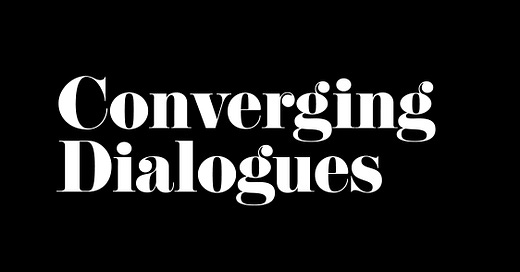In this episode, Xavier Bonilla has a dialogue with Peter Coleman regarding toxic polarization in society. They define toxic polarization and what makes the current moment unique from other moments in social history. They talk about in-group/out-group dynamics and why dialogue is essential. They discuss attractors and the importance of Kurt Lewin's field theory. Peter explains his five-factor model of the way out (reset, bolster, complexity, movement, and adaptation) and how we can use complexities to have dialogue with others. They discuss how people can fix polarization at the individual level and possibly at higher scales.
Peter Coleman is Professor of Psychology and Education at Columbia University at Teachers College and The Earth Institute. Peter directs the Morton Deutsch International Center for Cooperation and Conflict Resolution (MD-ICCCR), is founding director of the Institute for Psychological Science and Practice (IPSP), and is co-executive director of Columbia University’s Advanced Consortium on Cooperation, Conflict, and Complexity (AC4). He is the first recipient of the Early Career Award from the American Psychological Association (APA), Division 48: Society for the Study of Peace, Conflict, and Violence, and has also been awarded the Morton Deutsch Conflict Resolution Award by APA and a Marie Curie Fellowship from The European Union. In 2018, Dr. Coleman was awarded the Peace Award from Meaningful World, in celebration of their 30th anniversary and the UN’s International Day of Peace. He is the author of numerous books, including his most recent book, The Way Out: How to Overcome Toxic Polarization which can be purchased here. You can find many of his published work here and here.













Share this post